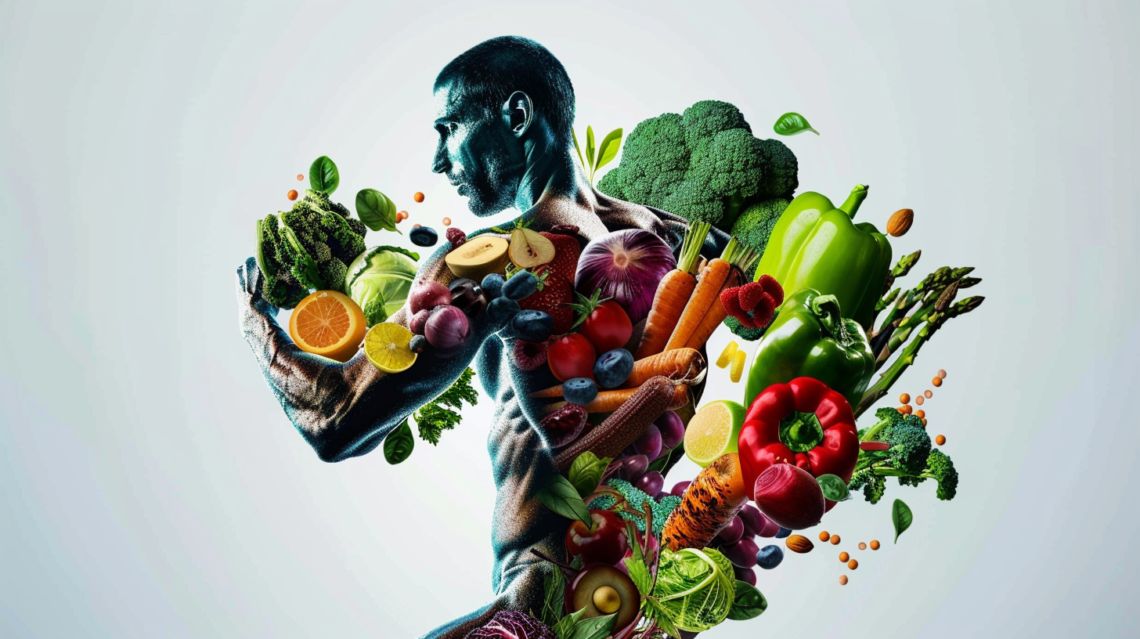
How Nutrition Fuels Our Bodies
When it comes to sustaining a healthy lifestyle, the importance of nutrition cannot be overstated. The foods we consume play a pivotal role in providing the energy necessary for our daily activities, including exercise and other physical pursuits. At its core, nutrition is about nourishing the body with the essential nutrients it needs to function optimally, supporting not just our physical well-being but our mental health as well. This article aims to demystify how our dietary choices fuel our bodies and enable us to engage in physical activities, all presented in a manner that’s accessible and easy to understand.
The human body is akin to a sophisticated engine that requires various forms of fuel to operate. These fuels come in the form of carbohydrates, proteins, and fats, each serving unique and crucial roles in energy production. Carbohydrates are often cited as the body’s primary source of energy. They are broken down into glucose, a type of sugar that the body uses to fuel cellular activities. This is particularly important during physical activities when the body’s demand for energy is heightened. Consuming a diet rich in whole grains, fruits, and vegetables ensures a steady supply of carbohydrates, thus maintaining energy levels throughout the day.
Proteins, on the other hand, are the building blocks of life. They are crucial for the repair and growth of tissues, including muscles, which are heavily relied upon during exercise. While proteins are not the body’s first choice for immediate energy, they play a significant role in sustaining energy levels over longer periods. This is especially beneficial for endurance sports or extensive physical exertions, where the body’s energy demands are sustained over time. Including a variety of protein sources in your diet, such as lean meats, dairy, beans, and nuts, can support muscle repair and growth, enhancing your physical capabilities and resilience.
Fats, often misunderstood and unjustly vilified, are another essential source of energy. They provide a concentrated source of energy, offering more than double the energy per gram compared to carbohydrates and proteins. Fats are particularly important for longer-duration activities, where the body has exhausted its immediate energy reserves and begins to tap into fat stores for sustained energy production. Healthy fats, such as those found in avocados, fish, nuts, and seeds, are not only crucial for long-term energy but also support overall health, including heart health and inflammation reduction.
Beyond these macronutrients, vitamins and minerals also play critical roles in energy production and overall physical performance. For instance, B vitamins are integral in the process of converting food into energy, while iron is essential for transporting oxygen throughout the body, a critical component of physical stamina and performance. Ensuring a varied diet rich in fruits, vegetables, lean proteins, and whole grains can help in meeting these micronutrient needs, thereby supporting both energy production and physical health.
Hydration is another crucial aspect of nutrition that directly impacts energy levels and physical performance. Water is essential for nearly every bodily function, including the transport of nutrients and oxygen to cells, which in turn supports energy production. Adequate hydration ensures that these processes occur efficiently and is particularly important during physical activities, where dehydration can quickly lead to fatigue and diminished performance.
In summary, nutrition provides the foundation upon which our physical capabilities are built. By understanding and appreciating the roles that various nutrients play in energy production and physical performance, individuals can make informed dietary choices that support their lifestyle and activity goals. Whether you’re an athlete looking to optimize your performance or simply someone seeking to maintain a healthy, active lifestyle, the importance of nutrition cannot be understated.
Remember, a well-nourished body is more capable, resilient, and ready to tackle the physical demands of daily life, from the simplest tasks to the most strenuous physical challenges.

